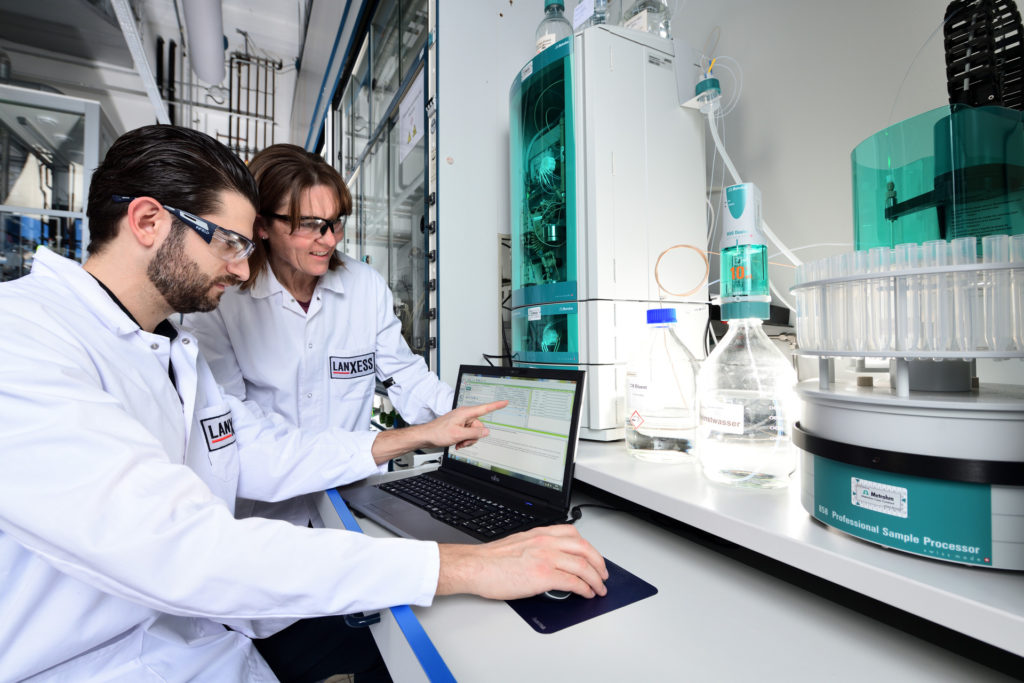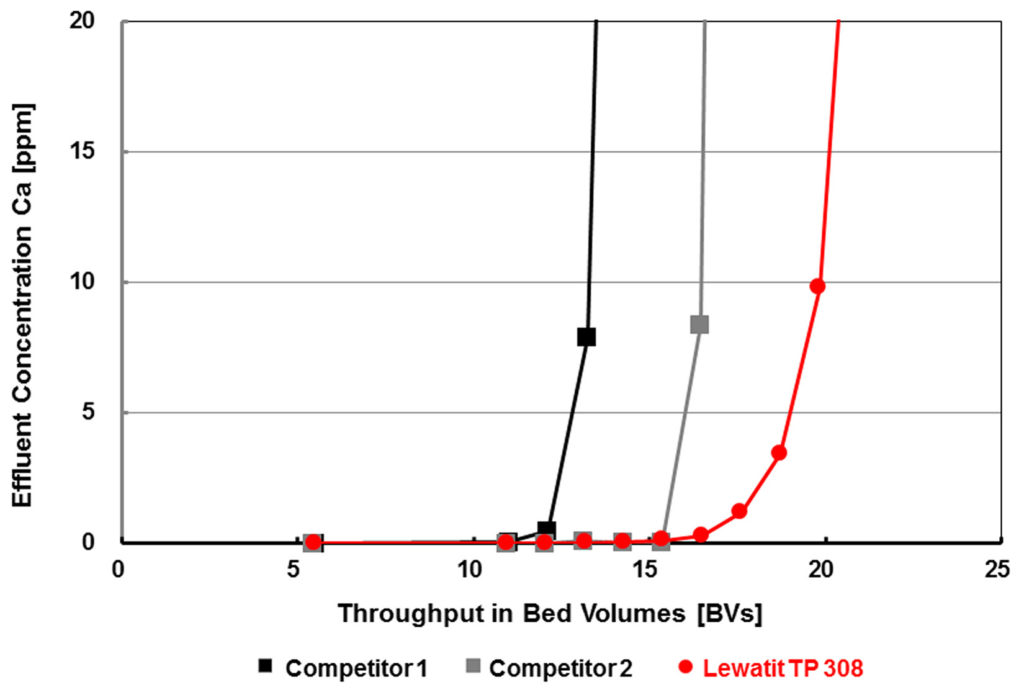LANXESS has developed a new ion exchange resin for lithium extraction
LANXESS, a specialty chemicals company, has introduced Lewatit TP 308, a selective ion exchange resin that is ideal for the purification of lithium salt solutions. “Purification processes of this type play an important role to create the ultrapure lithium salts needed in the production of lithium batteries and rechargeable lithium-ion batteries,” said Dirk Steinhilber, Technical Marketing Manager at the Liquid Purification Technologies business unit at LANXESS.
Softening of diluted lithium brine at a low cost
The use of ion exchange resins offers a number of advantages over the traditional method of final polishing for lithium brine, which is based primarily on precipitation operations. As Steinhilber explained, “Using ion exchange processes for calcium removal cuts both the time and expenditure needed by a significant margin.”

The macroporous Lewatit TP 308 has been developed specifically to treat low-concentration lithium salt solutions (cLi < 2 g/l) containing alkali, alkaline earth and heavy metals at relatively high concentrations ranging from 100 mg up to several grams per liter. Such solutions occur, for example, during the treatment of geothermal brine following the desorption from primary adsorber material.
The removal of the polyvalent ions – mainly calcium – from these solutions takes place very efficiently, with low leakage, and at high flow rates owing to the exceptional exchange kinetics. At the same time, the pressure drop across the resin bed is low. Laboratory testing has demonstrated the superior performance of Lewatit TP 308 compared with various products from competitors.
One particularly impressive feature of the resin is its high total capacity of more than 4.3 eq/l (equivalents per liter). This means better service lives and thus longer intervals between the regeneration phases than is the case with standard resins. Consequently, the specific need for regeneration chemicals and scarce water is reduced. This results in an overall improvement in system availability coupled with lower operating costs. “A specially modified polymer structure for the resin ensures a long lifespan even in the case of frequent regeneration and makes the process a much more attractive prospect in financial terms,” said Steinhilber.

Tailor-made resins for different lithium concentrations
LANXESS also offers tailor-made ion exchange resins for purifying concentrated lithium salt solutions, adding to the range of applications of Lewatit TP 308. The Lewatit MonoPlus TP 208 and Lewatit MonoPlus TP 260 monodisperse resins can thus be used to remove divalent ions, namely calcium, magnesium, strontium and barium, in a concentration range of 1–100 mg/l from brine with a typical lithium content of 10 g/l. Lewatit MonoPlus TP 208, a resin with chelating iminodiacetic acid (IDA) groups, is best suited for lithium chloride, lithium hydroxide and lithium sulfate solutions.
In addition to the monodisperse resin types in the MonoPlus range, LANXESS offers MDS types of both resins, with polymer beads that have a diameter of approximately 0.4 mm, smaller than that of standard types (0.6–0.7 mm). As a result of the considerably larger specific surface, MDS resins exhibit faster exchange kinetics and a significantly higher usable capacity. They are also more stable both osmotically and mechanically.
They enable impurities to be removed almost entirely. For example, in a concentrated solution of lithium chloride and sodium chloride containing 10 ppm of calcium, only trace amounts of calcium in the ppb range remain after treatment with Lewatit MDS TP 208.
Ultrapure lithium salt solutions obtained in this way are mainly needed for the direct production of LiOH by chloralkali electrolysis, in which expensive membranes need to be protected from the formation of deposits and blockages.
Content may be edited for style and length.





